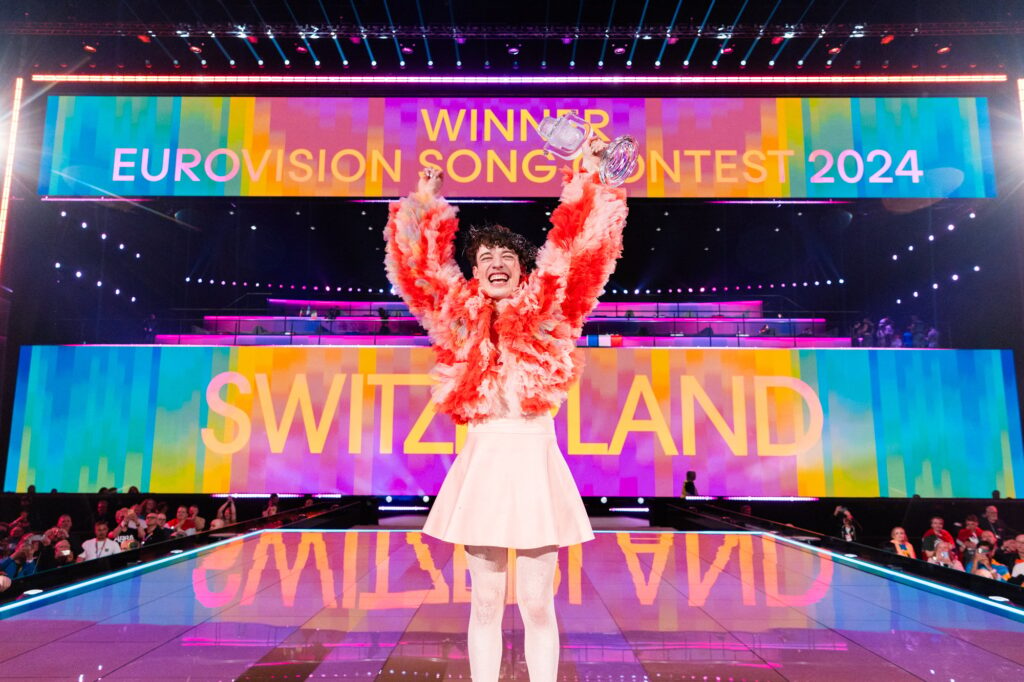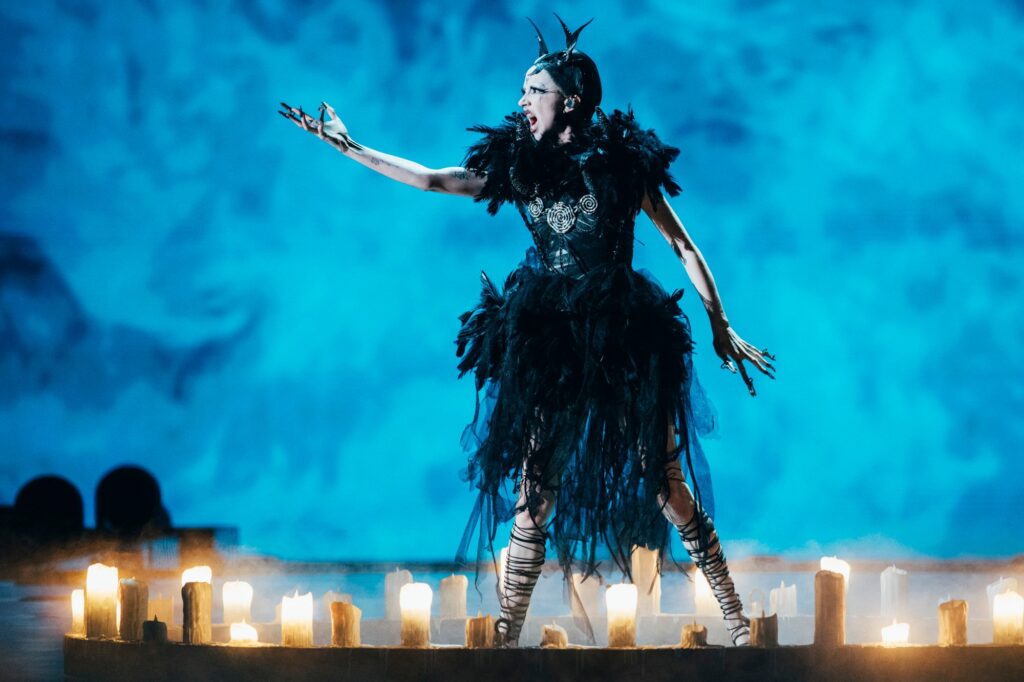The Eurovision party in Malmö is over and it was Nemo from Switzerland with his song "The Code" who was voted this year's winner. How good was the winning song in terms of vocal technique and which other songs from the final did I think stood out? I, vocal coach Florian Voss, thought to reflect on this in this review article.
Sweden (9th in the final): Marcus and Martinus with "Unforgettable"
I feel that we obviously have to start with our Swedish contribution. The first thing that caught my attention was that their live performance was different from the recording. The voices had more "vibrato" and felt stronger in the microphone. The feeling is that they worked a little with the voice since Melodifestivalen. Otherwise a stable performance, but impersonal and not much emotion, which is standard for Swedish performances. Not much depth or further "story" in the song, but mostly about impressing and that you should seem cool.

Switzerland (1): Nemo with “The Code”
Here there was a "story" in the song compared to Sweden, where Nemo has a unique and nice pop voice that sounds well mixed. Every guy in the world has something called for falsetto, in English: false male voice. Nemo uses it intelligently on certain occasions when it should sound like opera. But his lead voice/falsetto is more of a soft and stronger falsetto voice than an opera singer could actually do. This gave a good effect in the performance in combination with his fine "story" and voice. However, it must be said that when the camera pans out, it sounds a bit like the backing vocals took over his voice. So it's unclear if either the sound engineer doesn't know his job or if he didn't actually sing live at those high notes in the actual performance.
Spain (22): Zorra with “Nebulossa”
"Out of pitch" and you could barely hear the soloist. A year ago, Spain's contribution was much better and adapted to what Spain's pop music culture really means, in the form of a lot of dancing, singing and often a lot of influences of physical love. Now one wonders what has happened to Spain? When it comes to vocal technique, Gunilla Persson could make the song ten times better.
Israel (5): Eden Golan with “Hurricane”
Israel had a nice song. It had a deeper meaning and positive vibe, where the main meaning of the song was to heal. It had no aggressions, but it had warmth
and she sang with a good and strong voice. The music should be able to touch and the composition itself has succeeded in that. It's us people who put things like music into context in different contexts, but if you listen to just the composition and the vocals, it was very nice.

Ireland (6): Bambie Thug with “Doomsday Blue”
Vocal technique much more advanced than, for example, Sweden and even Nemo's winning song. Ireland offered not only a stage show, but also horror and screams. Singing at the right pitch and pitch so that it sounds good when you want to simulate screaming is very difficult. She has a fine technique and when she sang pop it became a completely different neutral sound and her lyrical timbre came out.
Other contributions worth highlighting with extra fine voice technique
Germany (12): Isaak with "Always on the Run", Latvia (16): Dons with "Hollow" and Italy (7): Angelina Mango with "La noia". All of these three had strong voices and showed a lot of emotion during their performances. They mostly sang with chest voice and mixed voice, which is something Marcus and Martinus, for example, lack.
Summary ESC 2024
It is more and more about show, appearance, polarization of opinions and clothing style rather than about a fine performance with qualitative good vocal technique. You don't convince primarily through a formal education and a song with a good "story", but rather long nails in silver and a French tutu - superficialities, in short. When it comes to singing and composition, I think there is a little lack of understanding. This is noticeable not least when those with strong voices did not receive the most points from the jury.
Some final questions worth pondering:
Where is the quality of music and singing going and who really decides what is good singing and music? Is it us as an audience who are influenced by external factors or is it a jury that themselves do not have enough knowledge in vocal training? If you look at the Swedish jury, it is completely logical that they only judge according to their slightly limited background, but where is the objectivity?

